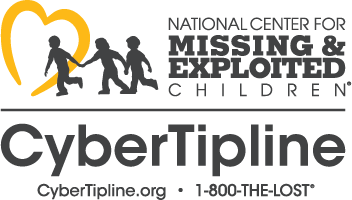Jobs that Aren’t Real Jobs/Jobs that Are Too Good to be True
Jobs that Aren’t Real Jobs/Jobs that Are Too Good to be True
Play the video to learn about how trafficking can happen over the internet.
Traffickers may be criminals, but they are also smooth operators. Just like sex traffickers can sweet talk their way into people’s lives and then exploit them, labor traffickers are willing to use all kinds of tricks to get young people to work for free. If someone offers you a job that sounds too good to be true – it probably is. Listen carefully to the offer, do your own research into the job, and talk it over with a trusted adult. Above all, trust your instincts! If something doesn’t sound right – your gut-level reaction can save you a lot of grief.
Have a look at some of the offers that traffickers have made to teens in past cases. Hopefully, these examples will help you understand different ways that traffickers try to exploit young people.
FBI investigations show that human traffickers may pose as legitimate job recruiters, employment agencies, or agents for modeling companies. They pretend to offer opportunities for a better life and provide fake employment opportunities. They misrepresent their true intentions when talking to victims.

Traffickers target vulnerable individuals by preying on their personal situations, such as their financial hardships, their struggles with low self-esteem, or their family problems. They recruit their victims by appearing to offer help or pretending to be a friend or potential romantic partner. After establishing a false sense of trust, traffickers then use force, coercion, threats, and intimidation to get what they want. [For more information: Using Popular Online Platforms to Recruit Victims]









At any time during this training, call the National Center for Missing & Exploited Children Hotline at 1-800-THE-LOST (1-800-843-5678) to speak to someone about anything in this training that concerns you.

To report an incident online, fill out a report here: CyberTipline
